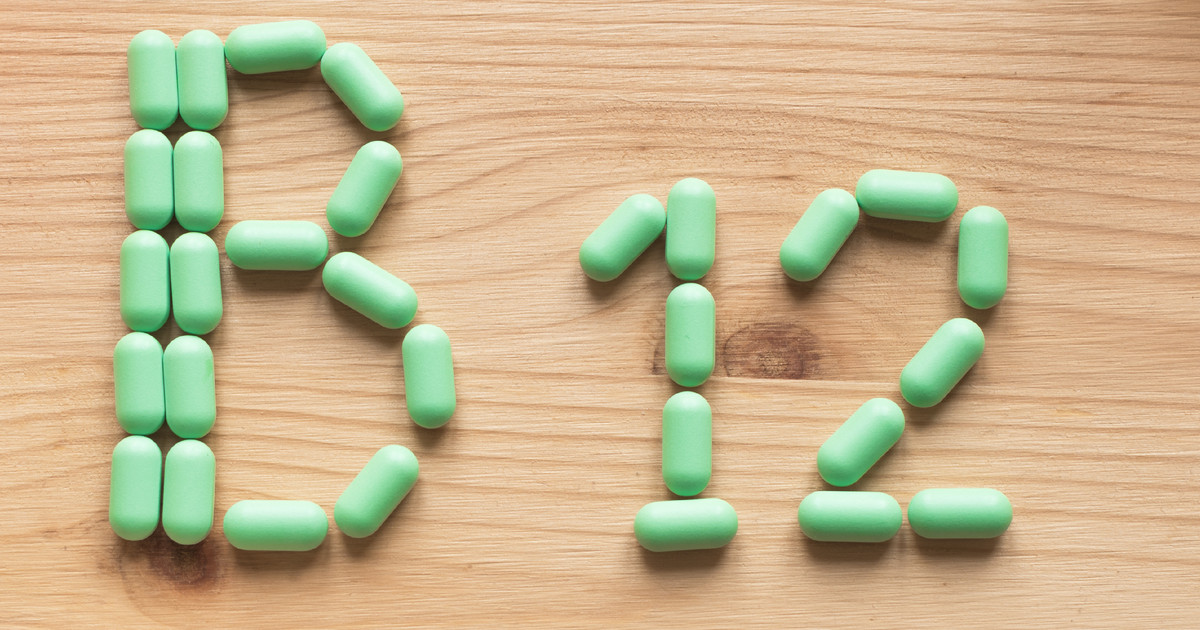Guide To Common Water-Soluble Vitamin Supplements
In general, water-soluble vitamins are not stored by the body, meaning that individuals will expel them through urine. Thus, individuals need to consume them regularly to ensure that they maintain adequate levels of each one. Not consuming enough of a vitamin may result in a deficiency. Symptoms of vitamin deficiencies have many symptoms, including thinning hair, brittle nails, fatigue, and depression. Blood tests can be done to detect deficiencies.
Many individuals will take vitamin supplements to treat or prevent a deficiency. This includes water-soluble vitamin supplements. Vitamin C tablets are quite common, as are vitamin B supplements. However, individuals should understand the most common water-soluble vitamins first, including their benefits and precautions.
Vitamin C

Vitamin C, which can be referred to as ascorbic acid, is used to help the body repair and regrow tissues. It helps with iron absorption and is also important in forming and maintaining blood vessels, bones, skin, and other connective tissues. This vitamin also decreases total cholesterol, low-density lipoprotein cholesterol, and triglycerides. Studies suggest that vitamin C may boost the immune system. It could also help reduce blood pressure. Additionally, research indicates that this supplement may lower the risk of heart disease and gout attacks.
Adult males are advised to consume ninety milligrams of vitamin C each day, and adult females need seventy-five milligrams per day. Pregnant women should consume eighty-five milligrams daily. Patients who take blood thinners should check with their doctor before taking a vitamin C supplement, as it may decrease the effectiveness of these medicines. Certain medications, such as acetylsalicylic acid and barbiturates, may reduce vitamin C in the body. Thus, individuals who use these medicines may be advised to consume more vitamin C each day.
Vitamin B12

Vitamin B12 helps the body make DNA and red blood cells. In addition, neurons in the brain require this vitamin to function properly. Vitamin B12 is involved in serotonin production. Thus, low levels of the vitamin may increase the risk for clinical depression. In a study of older females, researchers found that those with vitamin B12 deficiencies were twice as likely to develop depression as those without deficiencies. Another study concluded that individuals with high vitamin B12 levels were more likely to recover from major depressive disorder than those with lower levels. Vitamin B12 may also help prevent macular degeneration.
Those who are pregnant must have adequate vitamin B12 levels. This is particularly vital because having adequate vitamin B12 reduces the risk of miscarriage, low birth weight, premature birth, and neural tube congenital disabilities. In terms of brain health, vitamin B12 may help improve memory and slow the cognitive decline associated with aging and dementia. Healthy adults are advised to consume 2.4 micrograms of vitamin B12 each day. Vitamin B12 supplements have quite a few potential medication interactions. For instance, they may interact with metformin, proton pump inhibitors, and histamine H2 receptor antagonists. Thus, individuals should review their medications with a doctor or pharmacist before taking vitamin B12 supplements.
